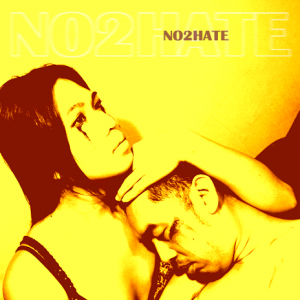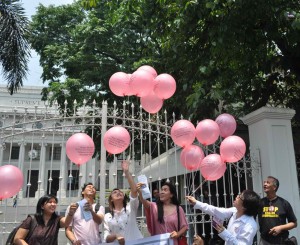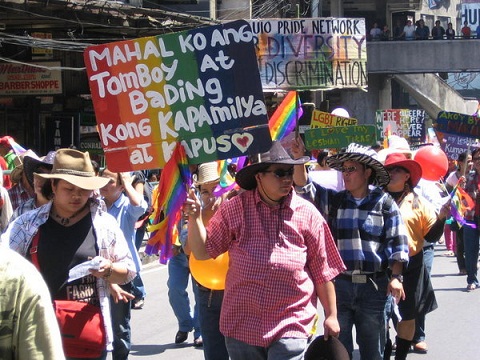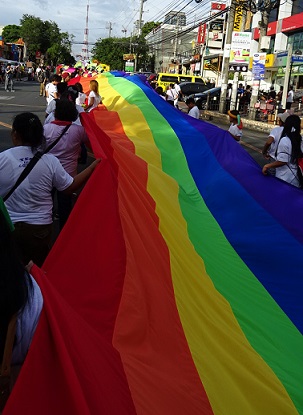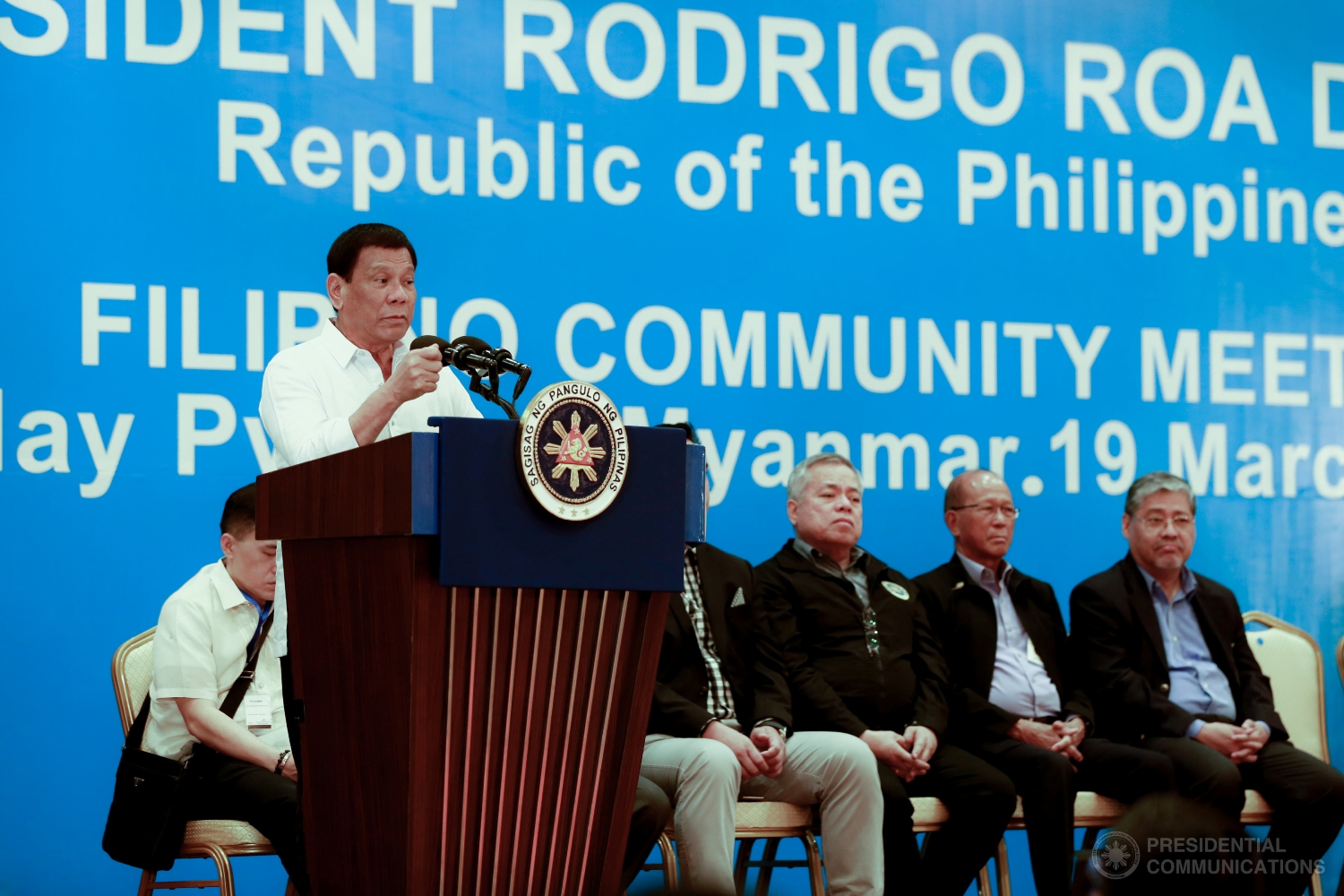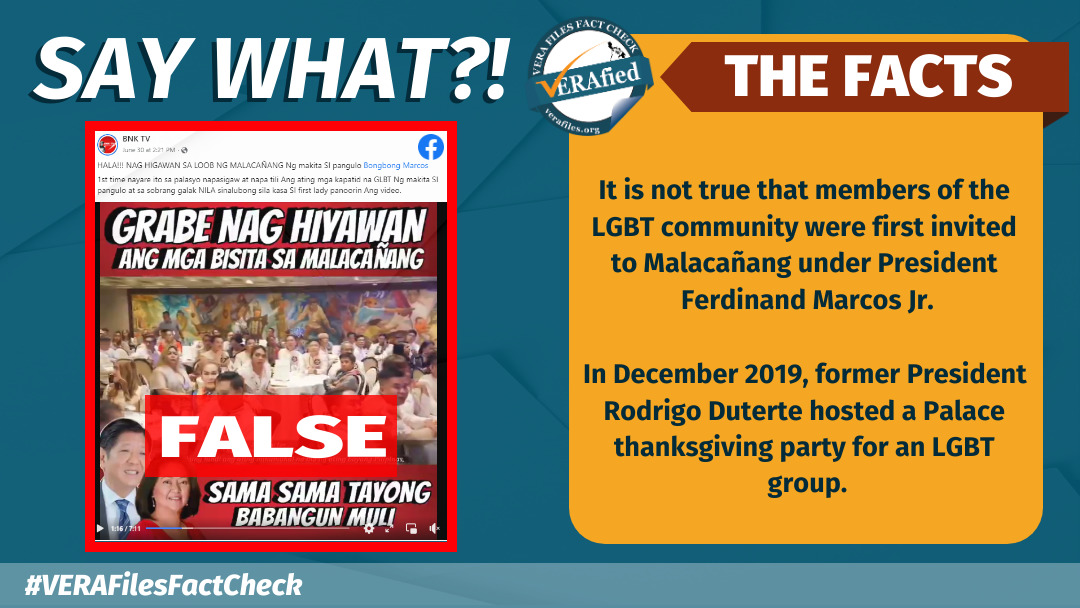BY PATRICK KING PASCUAL
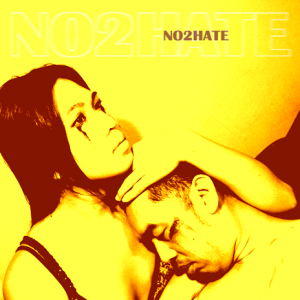 TELEVISION director Ricky Rivero thought he was having a nightmare. He woke up morning of June 13 and Ivan Ruiz was on top of him, stabbing him continuously.
TELEVISION director Ricky Rivero thought he was having a nightmare. He woke up morning of June 13 and Ivan Ruiz was on top of him, stabbing him continuously.
They struggled with each other, and when Rivero got the chance to grab Ruiz’s wrist, he pinned him down the bed. The rage coming from Ruiz slowly subsided.
Rivero got the chance to overpower Ruiz and drove himself to the hospital. He survived despite the 17 stab wounds he sustained.
In an interview with TV host Boy Abunda two weeks after the incident, Rivero recalled that Ruiz, an acquaintance with whom he had casual sex relations, was full of rage and his eyes were full of anger when he was stabbing him.
Asked if he considers it a “hate crime”, Rivero said he can’t be sure but considering what transpired, it seems it’s “leaning towards… yes, it’s a hate crime.”.
Hate crimes generally refer to criminal acts that are seen to have been motivated by bias against
persons belonging to a certain social group, usually defined by race, religion, sexual orientation, disability, class, ethnicity, nationality, age, gender, gender identity, social status or political affiliation.
Rivero is not the only one among those labelled as lesbian, gay, bisexual, and transgender (LGBT) who experienced this kind of brutal crime;others were not as lucky.
Days before Rivero’s stabbing incident, the Metropolitan Community Church sponsored LGBT Flores de Mayo parade in Quezon City just ended, it was attended by members of different LGBT organizations including VJ Montefalco.
It was the last time Montefalco was seen. Last June 29, the Quezon City police found his body along EDSA, Kamuning MRT station with two stab wounds on his heart.
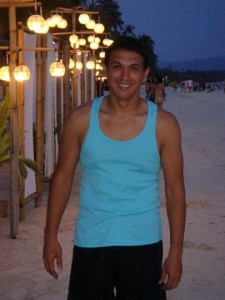 A study made by Marlon Lacsamana and Reighben Labilles of Philippine LGBT Hate Crime Watch showed the alarming rise of LGBT deaths from suspected hate crimes, which totalled 160 from 1996 to June 30, 2011.
A study made by Marlon Lacsamana and Reighben Labilles of Philippine LGBT Hate Crime Watch showed the alarming rise of LGBT deaths from suspected hate crimes, which totalled 160 from 1996 to June 30, 2011.
A total of 30 cases were recorded in the first six months of 2011 alone. Last year, there were 29 reported cases. The study was based on online data, e-mails sent to Lacsamana and Labilles by friends of the slain victims, and news reports.
Lacsamana, a Library Science graduate, began his study on LGBT-related killings after two of his close friends (Winton Lou Ynion and Vincent Jan Rubio) were brutally killed. For this study, he teamed up with Labilles, a graduate of Political Science.
Lacsamana and Labilles then started a group in Facebook called Philippine LGBT Hate Crime Watch, now with more than 350 members. The online group aims to monitor all LGBT-related crimes and post the information in the group’s wall. (Those who have any information on LGBT hate crimes may send the details to: philippinelgbthatecrimewatch@gmail.com.)
In an event sponsored by the UP Pride team last July 1, Labilles cited the following examples of hate crimes:
- A gay was suffocated using a plastic bag, strangled with an iron wire and was poked in the eye by an ice pick.
- A gay’s body was left in a cemetery, and the dogs fed on it.
- A transgender’s body was left on a bridge. Her head was smashed and her brains splattered everywhere.
- A lesbian in Davao was shot on the face as she walked out of a grocery store.
- A gay was wrapped in a packaging tape then shot several times.
- A gay was found in his condominium, burned while his hands and feet were tied in nylon cords.
- The most number of stab wounds found on a slain victim’s body was 79.
“We’re not making up these stories; these were what really happened to some of the victims.”, Labilles said.
Labilles laments the absence of an anti-Hate Crime law in the cPhilippines.“Prejudice, bias, or hate towards any minority group such as LGBT Filipinos is not at all considered when investigating crimes,” he observed.
Rep. Teddy Casino of Bayan Muna, author of House Bill 1483, or the Anti-Discrimination Bill on the Basis of Sexual Orientation and Gender Identity and Providing Penalties, announced last June 26 that he would pioneer a House probe on the growing numbers of hate crimes in the country.
